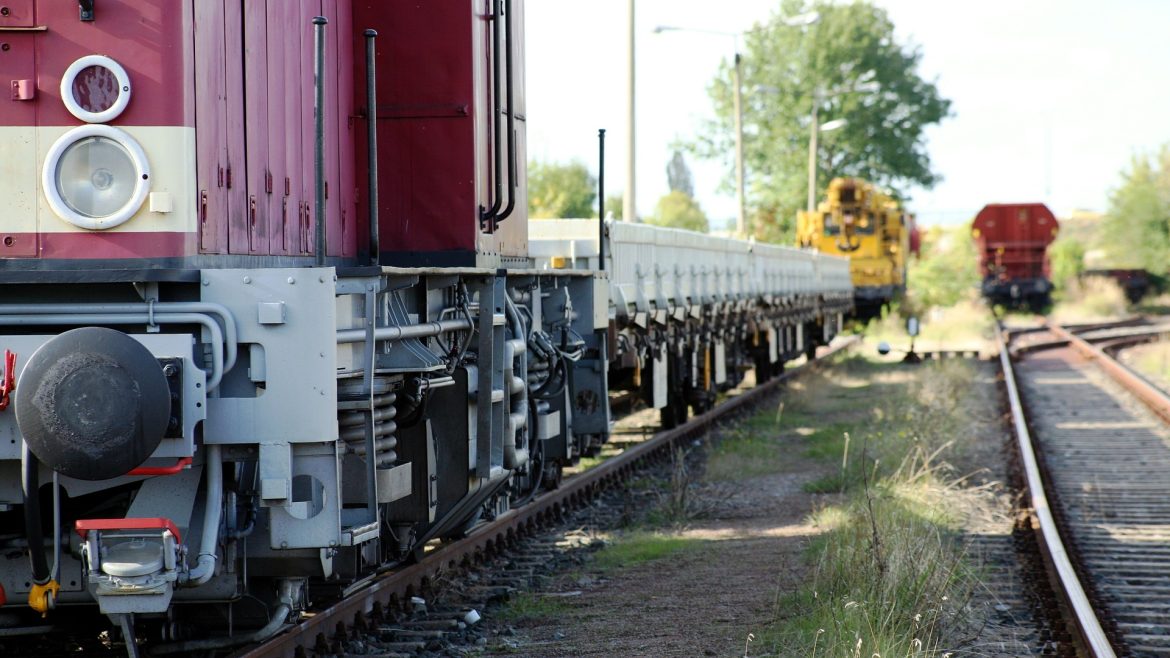Chemical Weathering Dynamics
Provide your opinion on which type of weathering works the most rapidly to wear down rock and create sediments.
In my opinion, chemical weathering tends to work more rapidly compared to mechanical weathering in wearing down rock and creating sediments. Here’s why:
Chemical weathering involves the breakdown of minerals and rocks through chemical reactions with water, acids, oxygen, or other substances present in the environment. These reactions can dissolve minerals directly, alter their chemical composition, or weaken their structure, leading to their disintegration over time. Factors such as temperature, moisture, and the presence of acids (e.g., carbonic acid from carbon dioxide in rainwater) can significantly accelerate chemical weathering processes.
Mechanical weathering, on the other hand, involves physical processes like frost wedging, abrasion, and root action that break rocks into smaller pieces without altering their chemical composition. While effective over long periods, mechanical weathering generally operates more slowly than chemical weathering in terms of creating fine sediments and altering rock structure…
In my opinion, chemical weathering tends to work more rapidly compared to mechanical weathering in wearing down rock and creating sediments. Here’s why:
Chemical weathering involves the breakdown of minerals and rocks through chemical reactions with water, acids, oxygen, or other substances present in the environment. These reactions can dissolve minerals directly, alter their chemical composition, or weaken their structure, leading to their disintegration over time. Factors such as temperature, moisture, and the presence of acids (e.g., carbonic acid from carbon dioxide in rainwater) can significantly accelerate chemical weathering processes.
Mechanical weathering, on the other hand, involves physical processes like frost wedging, abrasion, and root action that break rocks into smaller pieces without altering their chemical composition. While effective over long periods, mechanical weathering generally operates more slowly than chemical weathering in terms of creating fine sediments and altering rock structure…
In my opinion, chemical weathering tends to work more rapidly compared to mechanical weathering in wearing down rock and creating sediments. Here’s why: Chemical Weathering Dynamics
Chemical weathering involves the breakdown of minerals and rocks through chemical reactions with water, acids, oxygen, or other substances present in the environment. These reactions can dissolve minerals directly, alter their chemical composition, or weaken their structure, leading to their disintegration over time. Factors such as temperature, moisture, and the presence of acids (e.g., carbonic acid from carbon dioxide in rainwater) can significantly accelerate chemical weathering processes.



